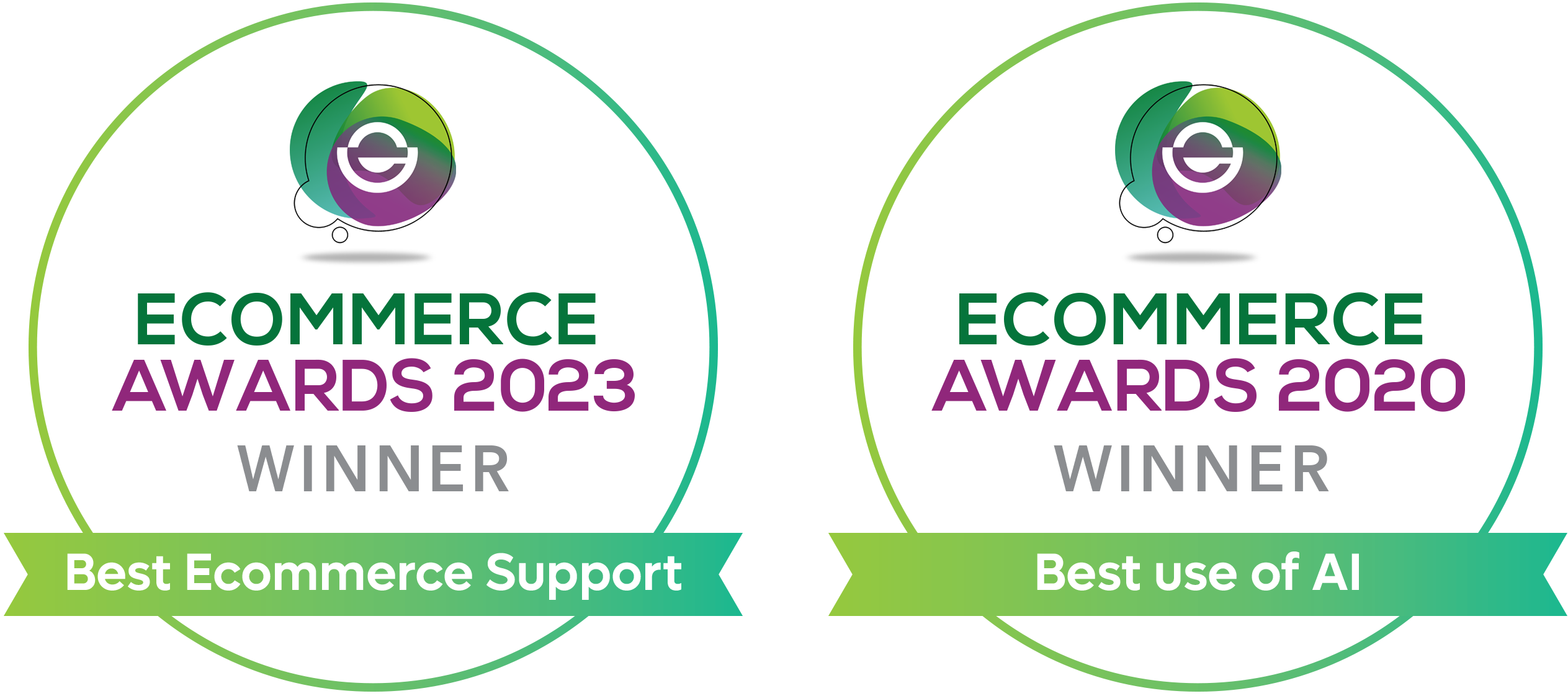Step up your 4’Ps with Marketing Mix Modelling
Today all retail sectors have an online presence and pure play online business is thriving. In the past when offline retail and marketing dominated, the traditional 4 P’s model – Product, Price, Place, and Promotion – was a widely used way to structure sales strategy and marketing campaigns. Classic marketing analyses using Marketing Mix Modeling and econometrics could incorporate data on each of the 4 P’s to build more data driven marketing strategies and for identifying the strengths and opportunities for retail businesses.
In the era of digital marketing and ever expanding e-commerce, it is important to ask if this remains a useful framework for a digital first retail environment and to think about how measurement strategies are evolving. It remains critical to be able to measure your marketing strategy effectively in order to maximise ROAS (Return On Ad Spend) and there is a greater opportunity to get this right given that the huge data volumes created by digital retail offer massive untapped potential for data-driven optimisation.
The retail marketing investment challenge depends on successfully combining the measurement of both online and offline marketing channels to understand what works and what does not, in order to allocate your budget efficiently. Companies spend millions on marketing while having difficulties with accurate measurement and attribution. As a result, spending based on poor measurement and guesswork leads to investing in ineffective channels, while valuable touchpoints are underappreciated. A more solid data-driven approach to marketing is the only option to eliminate the guesswork and make smarter decisions that improve ROAS. So, what are the options?
Understanding Marketing Mix Modelling
Marketing Mix Modelling (MMM) remains one of the optimal solutions for accuracy in measurement and whole channel optimisation. It is a set of statistical techniques which allow adding the offline data for the whole user journey optimization. In the digital era, it has been overtaken by granular marketing analytics and techniques such as Multi-Touch-Attribution (MTA) which make use of the raw digital marketing interaction data to pinpoint which customers interacted with which digital channels. However, untracked offline channels remain outside of these methods, and in recent years developments in 3rd party cookies, privacy rules and technology blockers like ios14.5, have increased the importance of more traditional ‘big picture’ methods using econometric methods.
Marketing Mix Modelling brings the advantage of combining both offline and online channels. It can be used to measure channel influence, brand halo effects, and in the post cookie world, social and display impressions effects. Due to the statistical nature of the econometric methodology, there are less restrictive data requirements than are required for machine learning approaches used for the more advanced data driven attribution models. Consequently, MMM allows analysing not only digital marketing channels but other external factors such as economic drivers, competition, pricing and seasonality. So does this mean the traditional 4 P’s approach to strategy still has a place in the era of digital retail?
Econometric methodology and 4 P’s
Coming back to the traditional 4 P’s model the ‘place’ component is the challenging one, due to cross-device user journeys and multiple touchpoints, which can occur both offline and online. Imagine a user who is completing a generic search online such as ‘buy women shoes UK’. She might end up with a search ad for the UK brands selling shoes and now, she will move to complete a more focused brand search. She does not convert on the day, however, the next day she sees advertising on a tube train or a TV ad from one of the shoe brands she was researching. This moves her from the awareness to the interest stage in the lower funnel. Later that day she sees a display ad of the brand or a particular product category, clicks on the ad and buys the shoes on the brand website. This is a classic example of the attribution challenge and measurement, especially for both offline and online touchpoints. It is very difficult to establish exactly how much credit should be given to the TV ad or to the display advertising. Where should your marketing team invest more resources and which strategy was the most effective one to move the user to the upper funnel and convert?
These kinds of questions can be answered by marketing mix modelling at a high level and with an integrated econometric and attribution model (‘holistic attribution’) it is feasible to aim to answer all such questions with enough accuracy to make smart decisions for both offline and online marketing. For example, should the user decide to complete the purchase in-store, after being exposed to multiple touchpoints both online and offline, this approach allows you to attribute offline sales to your integrated marketing approach and understand which touch-points were most effective. Marketing Mix Modelling picks up the wider environmental and longer term influences which the new digital funnel analytics cannot.
Similarly, econometric models/ MMM can be an effective solution for measuring the ‘promotion’ component of your marketing strategy. Econometrics is the best choice for understanding how your offline marketing channels e.g. print, radio, mailings attribute to digital and work together to drive conversions. With this methodology, you can ensure an accurate and justified measurement of your marketing investments. This is also a great starting point to switch from the last click attribution and measure your clicks and impressions in an independent and accurate way to maximise ROI.
As for the ‘price’ and ‘product’ components of your strategy, it is often influenced by external factors such as regional and seasonal patterns. You can gain valuable business insights and make data-driven decisions about the product categories or pricing strategy based on regional statistical data. Additionally, marketing mix modelling allows to understand any seasonal shifts or out of ordinary events such as Black Friday, based on this data the customer buying trends can be analysed and price/product decisions can be made to drive sales.
Finally, econometric modelling not only provides the analysis of the main components of your marketing channels but also provides an added benefit of bigger picture insights such as brand equity and acknowledging underlying trends that drive sales. Consequently, brand vs marketing performance can be quantified to make efficient financial and media planning.
In conclusion, for the businesses that operate both online and offline marketing mix modelling is the best option for implementing the data-driven approach and measure both online and offline marketing channels simultaneously. The key point is that you do not have to choose between the new world of digital marketing analytics and the more traditional world of Marketing Mix Modelling and the 4 P’s of retail. The data may be very different but the measurement methods should be treated as complementary and indeed can even be combined into a single analysis that incorporates new digital measurement methods without losing the benefits of the well established econometric approach of MMM. Furthermore combining offline and online measurement is essential for a full 360 view of your omni-channel customer. This holistic approach is key for a complete data-driven marketing strategy, which will benefit from incorporating valuable insights into the external non-marketing factors influencing business performance.
Get in touch with us for expert advice!
Thanks for reading – we hope you learned something through this high-level tour of marketing effectiveness methods. If you want to learn more about expert data analytics using AI, or are interested in how Metageni can help you use your data to grow online, then do get in touch with us: hello@metageni.com
Gabriel Hughes PhD
Does this article resonate with you? Check out other posts to the right of this page.
Can we help unlock the value of your analytics and marketing data?
Metageni is a London UK based marketing analytics and optimisation company offering support for developing in-house capabilities.
Please email us at hello@metageni.com















